Game: “Goetia”
Goetia
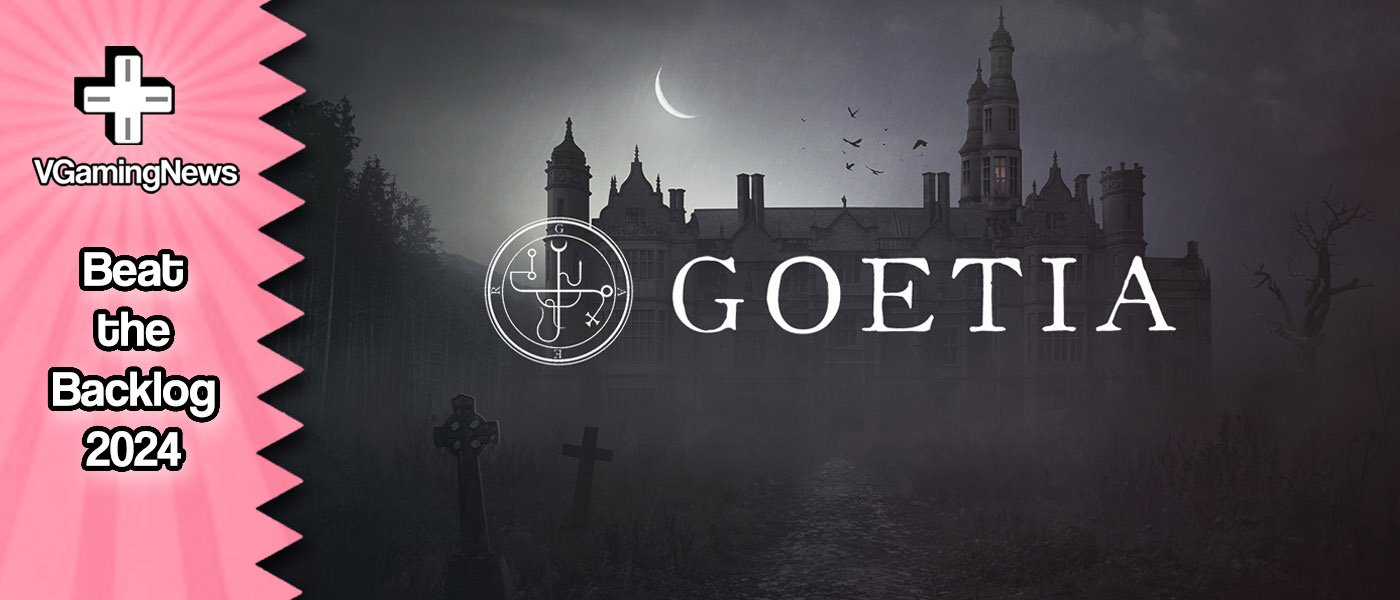

Drew has pledged to slowly but slowly churn his way through his sizeable stack of Nintendo Switch games for his ‘Beat the Backlog’ feature. Check out his main article to see what games he’s completed already!
Sometimes games sit on my backlog for so long that I forget exactly why I bought them, but that definitely isn’t the case with the ghostly point-and-click puzzler, Goetia. I remember seeing the spooky manor on the title screen and a logo emblazoned with some sort of demonic summoning circle and thinking it was right up my street. I’m a sucker for all things occult, so throw in some devilish puzzles and a creepy backstory and I’m all-in immediately.
(Not to mention the fact I paid less than a single pound Sterling for it – one pound! – what else can you even spend a solitary quid coin on nowadays?)
Goetia tells the rather strange tale of Abigail Blackwood, or her disembodied spirit at least. Awakening in the manor grounds of the childhood home, she quickly realises that something isn’t right – the house looks aged and battered, and Abigail herself is nothing more than a ball of light, able to float around, weightless, passing through walls and floors without physical restraint. We quickly learn that Abigail has arrived back at home many years after her last memory and that her sister, Annie, had inherited Blackwood Manor, where she raised her four children, all of whom were heavily involved with the occult.
At A Glance
| GOETIA | |
| Date Added to Backlog | 28/11/2018 |
| Price Paid | £0.98 |
| Positives | + Excellent themes and storytelling + Some well-crafted puzzles + Visuals & sound work together to build a genuinely spooky atmosphere |
| Negatives | – Menus are broken on the Switch – Some of the puzzle solutions are too tenuous – Visuals can be tricky to discern in handheld mode |
| Overall | 5 /10 |
| Played On | Nintendo Switch |
| Also Available On | PC, PS4, Xbox One |
| Find out about our scoring policy here. | |
Want to see the whole of Drew’s Switch backlog? Check it out here and suggest something to play over on our socials!
You must help Abigail explore Blackwood Manor in search of her sister, hoping that Annie can explain what’s happened and perhaps even undo it. But Abigail is not the only spirit inhabiting the house; a number of demons, or Goetia, have taken up residence in Blackwood Manor, and these entities have blocked Abigail from exploring portions of the house, eager to guard their influence and the secrets hidden within its walls.
As I drifted through Blackwood Manor, I really appreciated the pre-rendered backgrounds, which are crammed with lovely details and are incredibly characterful. Every time you stop moving, your screen is filled with an image overflowing with an overday bleakness; it feels like a Victorian-age painting, where a simple chair in and a discarded book exudes great sinister vibes for no reason at all. There’s all manner of paintings and trinkets dotted around that harken back to Abigail’s youth, and hearing about her history in the sprawling home strikes a great balance between both environmental and overt storytelling. The sound effects add a lot to the presentation too, and Sushee has used all manner of creaky floorboards, spooky bird calls and spectral breathing sounds to really ramp up the tension. The general look of the manor home and its interiors, alongside the dark story elements, all combine to create an impressive sense of atmosphere – one much more creepy than I would have expected for a point-and-click game. The underlying sombreness of the story isn’t ignored though, with some well composed music adding a heavy sense of melancholy to moments of tender reflection and realisation – Sombering Sail most certainly deserve a pat on the back for the splendid soundtrack.
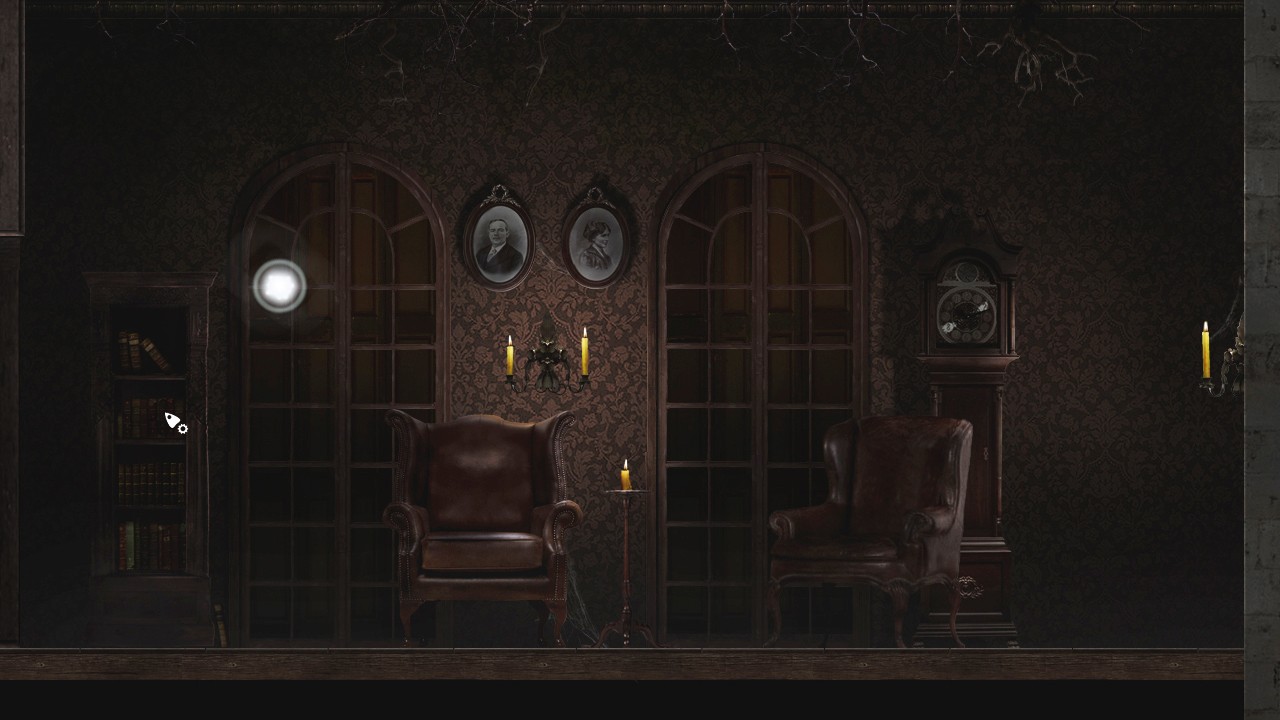
Gameplay wise, Goetia is a pretty old school point-and-click puzzler. You navigate the screen with a cursor and click on items of interest for a short description and the potential to interact with more meaningful items. You can then have Abigail possess certain items in order to move them around, interact with the environment or combine them with other items to solve puzzles. There’s no kind inventory (Abigail, like most girls, don’t have any pockets), so you’ll have to remember where key items are if you ever want to go back and find them later. While you don’t have to do this very often, it is a pain in the arse – the items are pretty small on screen, and even though they do gently flash to highlight their position, they can be easy to miss, not to mention that floating through every room in Blackwood Manor is a laborious affair.
The puzzles themselves are a mixed bag. There’s a fair amount of code finding and deciphering, and a lot of key fetching, all of which is mostly well done. Abigail may be a spirit who’s able to float through solid matter, but the items she possesses cannot, so there are some fun sections trying to figure out how to get the item from its starting location to where you need it without phasing through walls. Later in the game though, the difficulty of the puzzles spikes significantly, and I’ll openly admit that I struggled with a number of solutions, having to resort to walkthroughs to progress. Upon finding the solution, I was a little surprised that anyone had ever figured these puzzles out, as many often made reference to the tiniest scrap of information from elsewhere in the game or were just put together without much real-world logic or signposting.
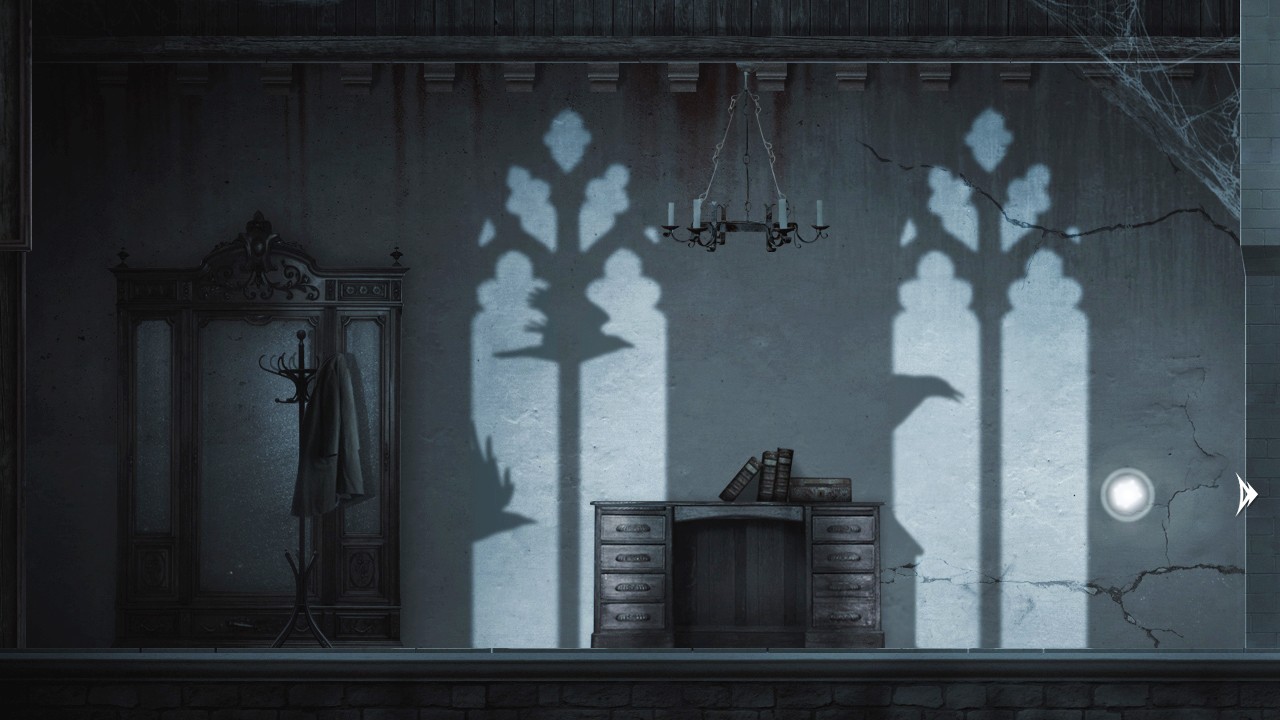
Now, I’m all for puzzle games not holding your hand – I don’t want highlighted text to point out important pieces of lore or a protagonist immediately alluding to the solution of a puzzle, but the hint system in Goetia is significantly lacking. There’s a menu that offers information about the current level and some of the puzzles you’ve encountered, and Abigail will offer up a few vague thoughts on what the solutions might be, but not all of the puzzles or items make it into this menu, so there are whole chunks of the game where you’re offered absolutely zero help. The game also has a few cypher-type puzzles, but offers no way to resolve these in game, meaning you’ll need to resort to a trusty pen and paper to work them out. Part of me appreciates the old-school vibe of doing your homework outside of the game,but part of me thinks that it might be a little archaic for more modern audiences to enjoy.
The story itself is mostly told through handwritten notes and diary entries, and I have to give credit to the Sushee team for how well they’ve expressed the fraying relationships between the members of the Blackwood family. They’ve told a terrifically dark story that’s packed with intrigue, and manages to wonderfully interweave the ordinary with the extraordinary. There are moments where you feel genuinely sorry for poor disembodied Abigail, drifting around the house that is no longer her home, attempting to unpick the chaotic scheme of her beloved sister and her offspring. The drawback to reading the pages of scribbled scraps of paper, at least in handheld mode on the Switch, is that there’s no zoom feature, making some of the handwriting rather difficult to make out on the small screen. The addition of a simple zoom button, or mobile-style touch controls, would have made all the difference on my poor, ageing eyeballs.
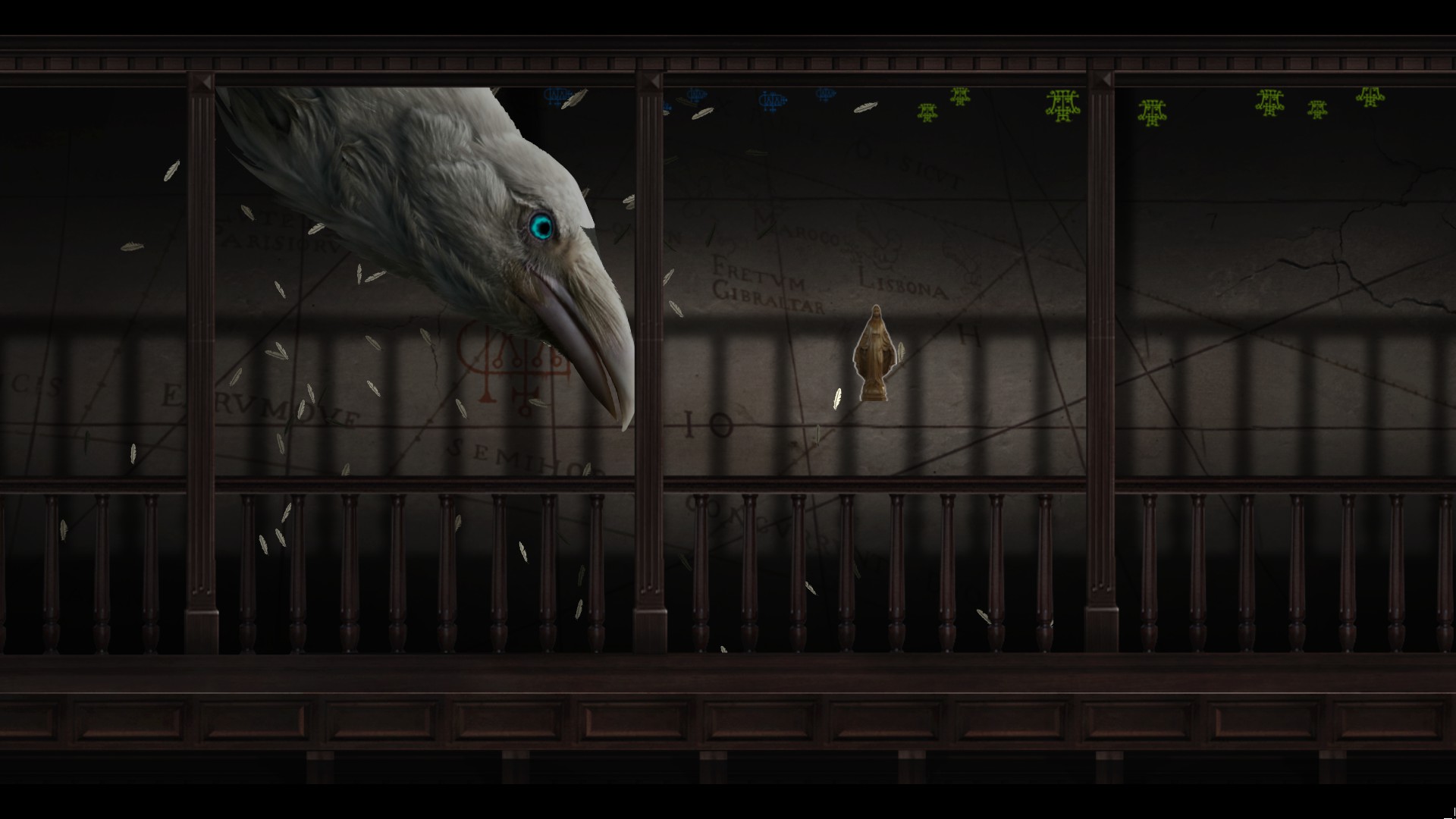
Then again, there are much bigger fish to fry when it comes to the user experience in Goetia, as the menus are consistently buggy. I routinely found myself trying to navigate between menus that had overlapped one another, battling with a lost cursor, or pushing ‘A’ to interact with the item highlighted on my screen, only for the game to bring up the controller settings dialogue instead. There will be those who say “that’s hardly the end of the world – get over it”, but it’s both incredibly annoying and works to break any sense of immersion that the game tries to build, which is a real shame.
With some excellent backgrounds and a well crafted soundtrack, there’s a tonne of atmosphere packed into Goetia. In fact, the point-and-click puzzler has a fair amount going for it, offering an interesting premise, a well written story, and some decent puzzles that lean on the occult themes incredibly well. But with poor signposting, buggy menus, and puzzle solutions that are often just too tenuous, I found Goetia as frustrating an experience as it was interesting.
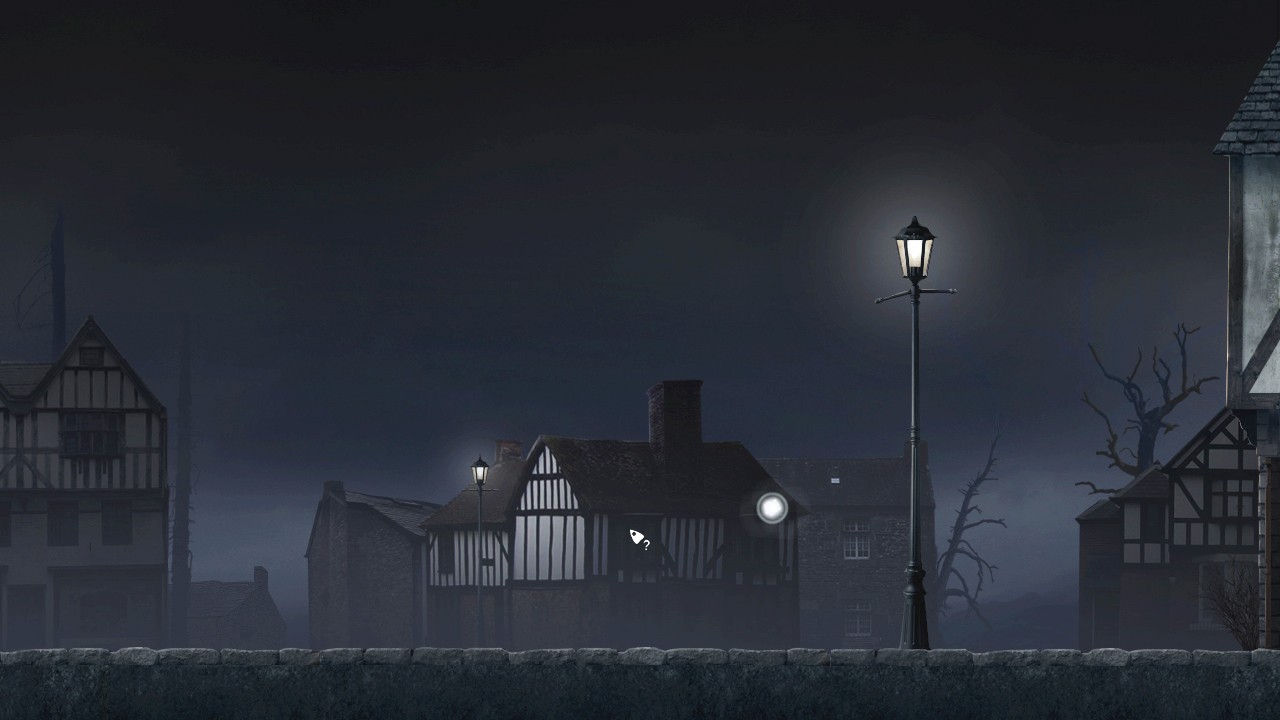
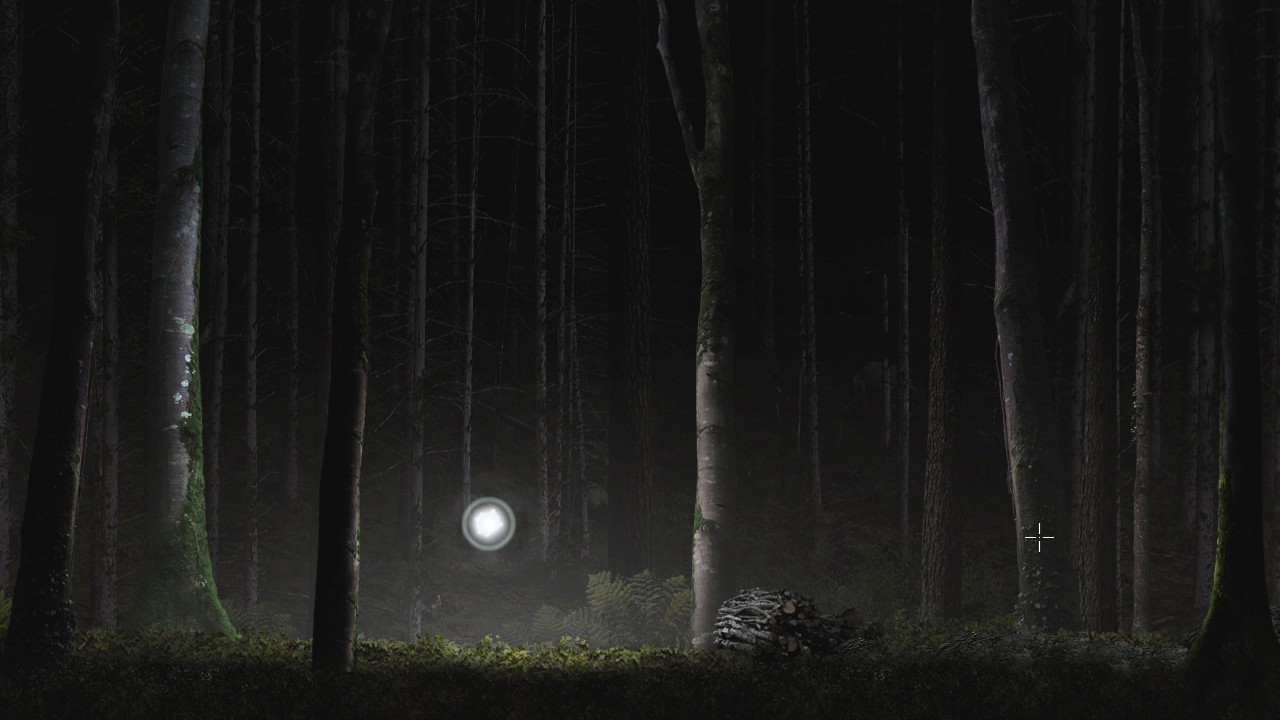
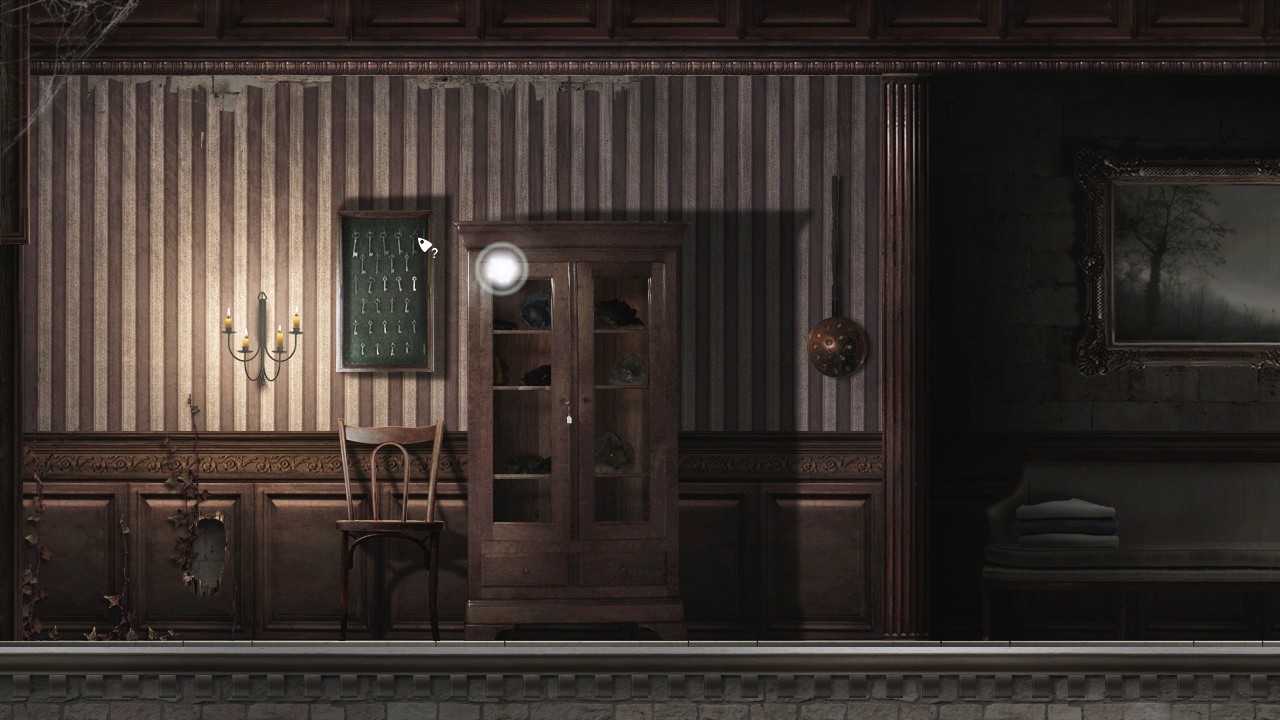
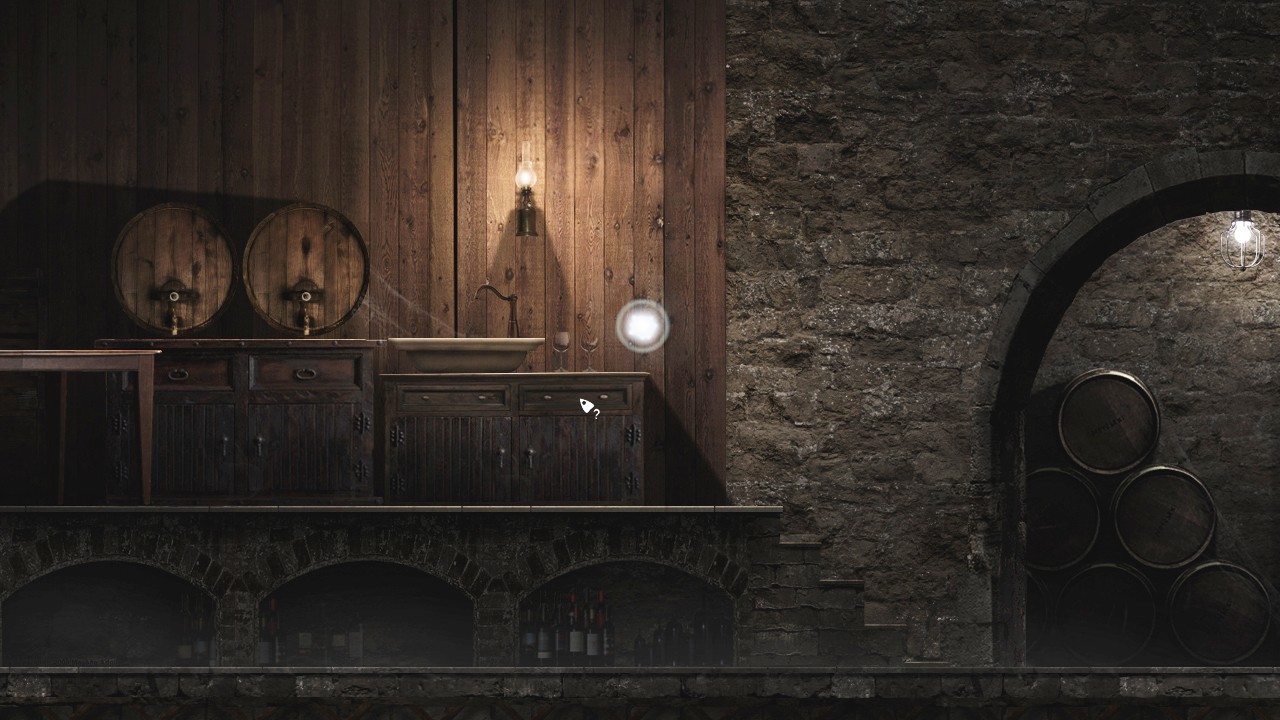
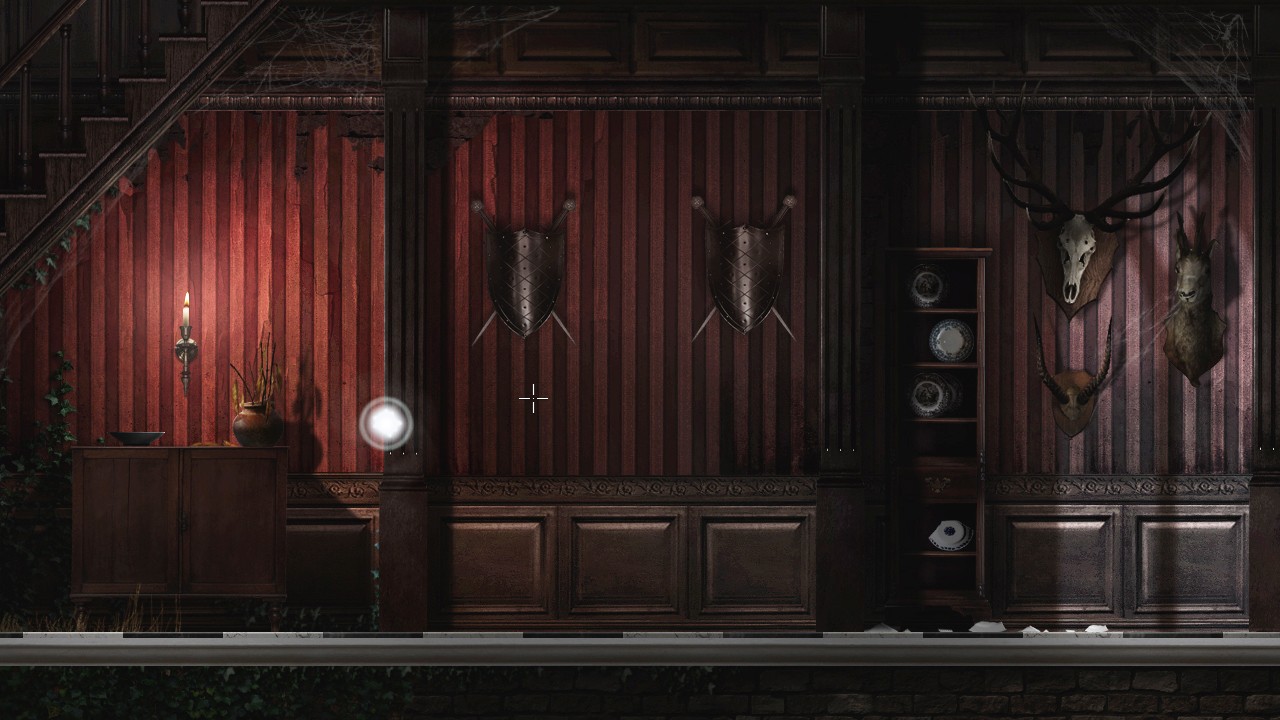
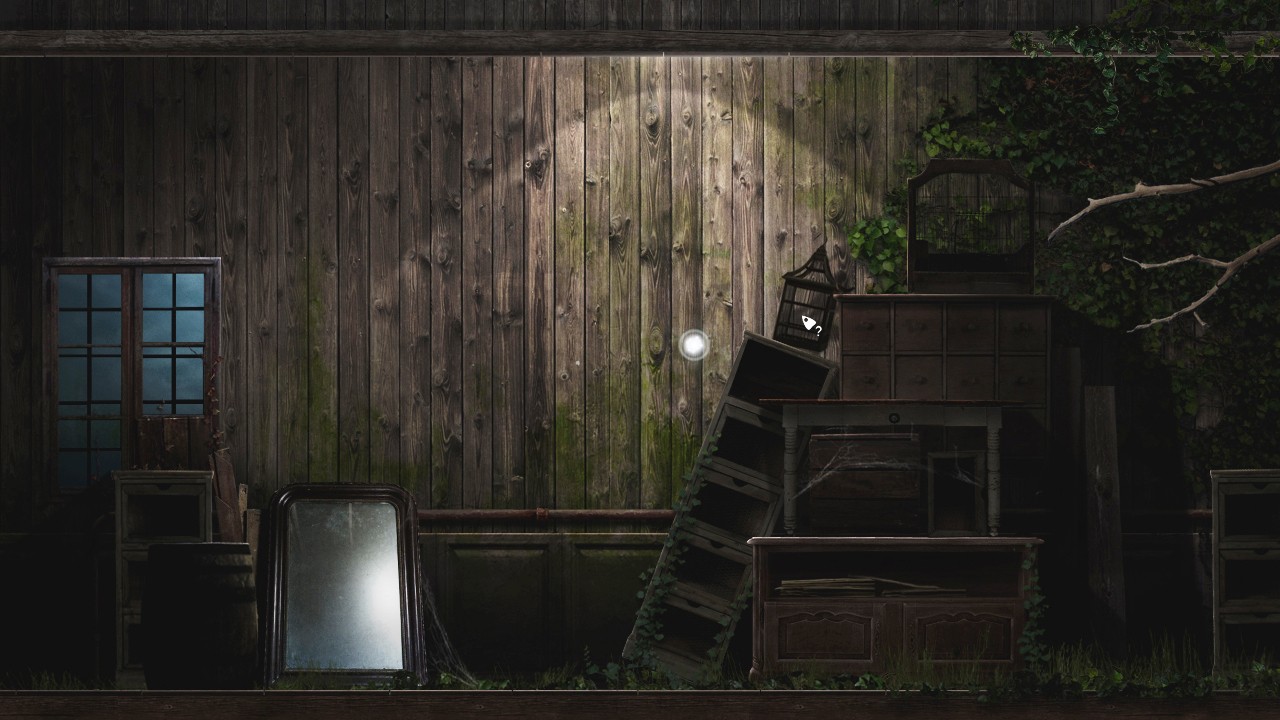
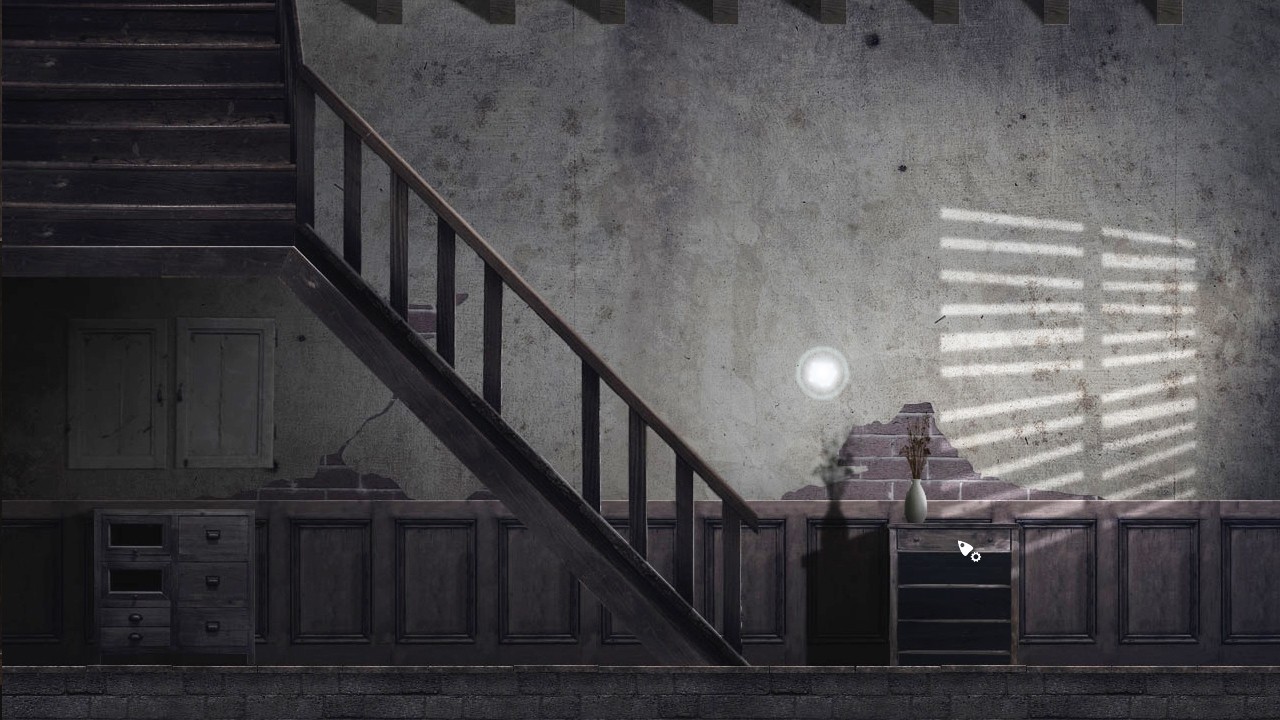
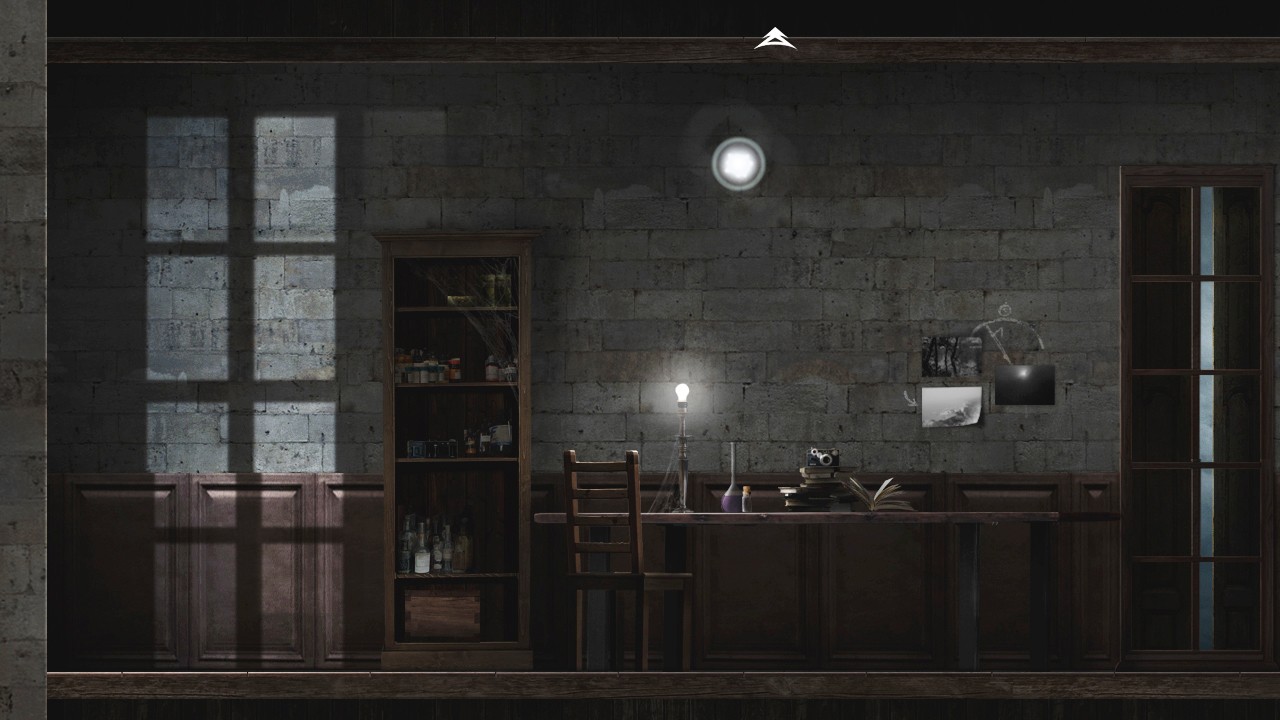
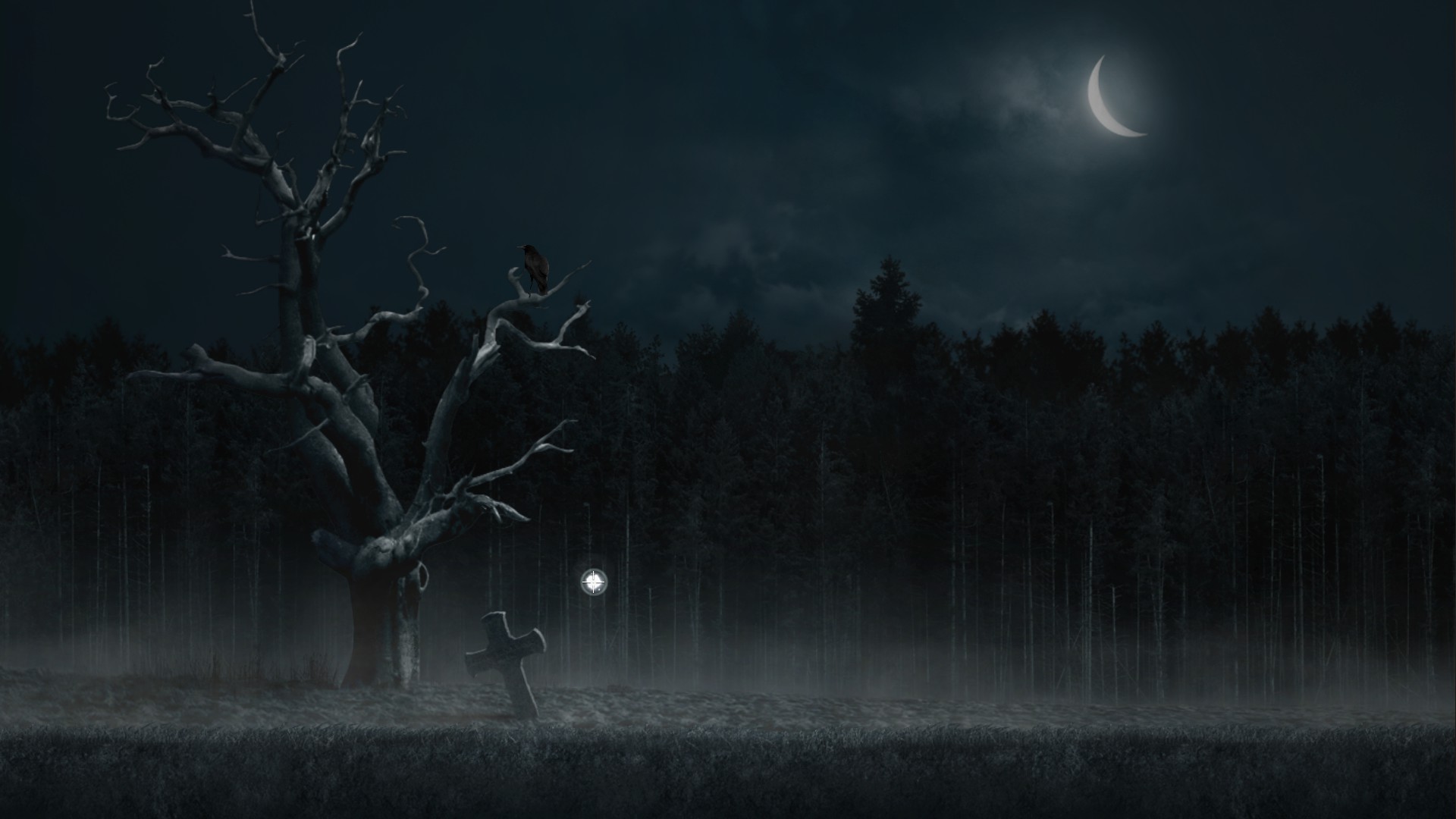
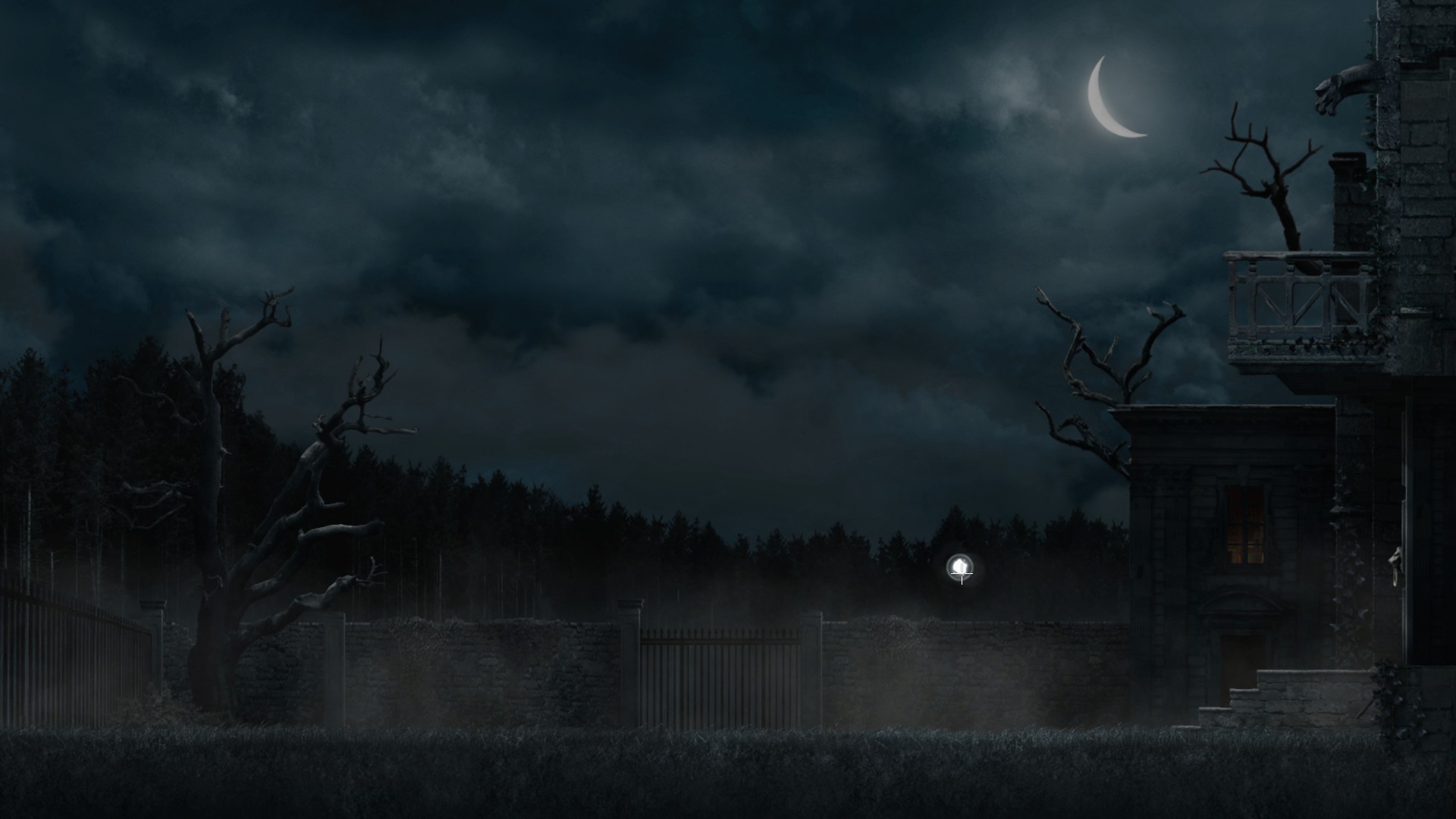
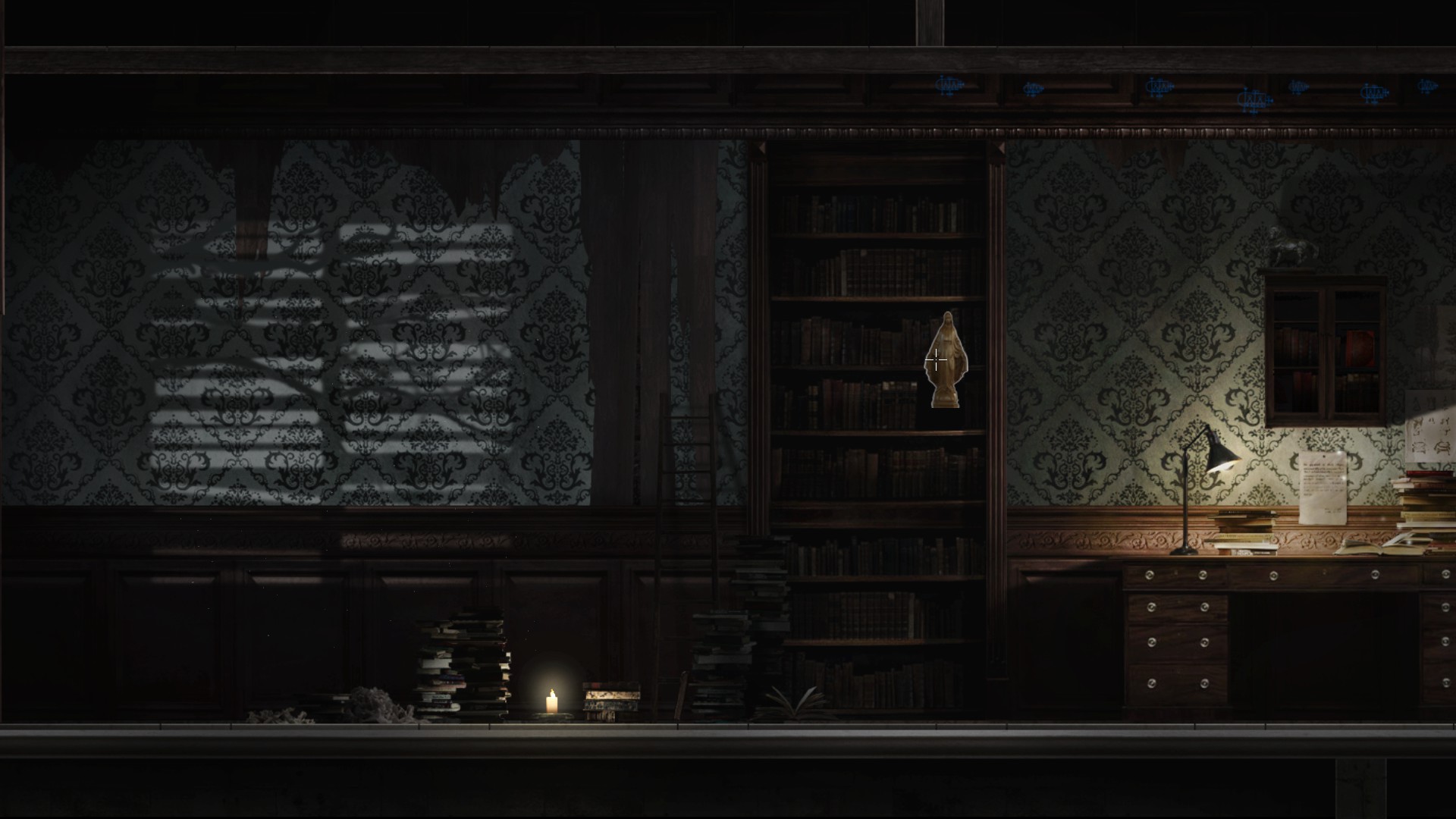
Thanks for taking the time to read our review. If you’d like to support us further, please consider buying us a coffee!






